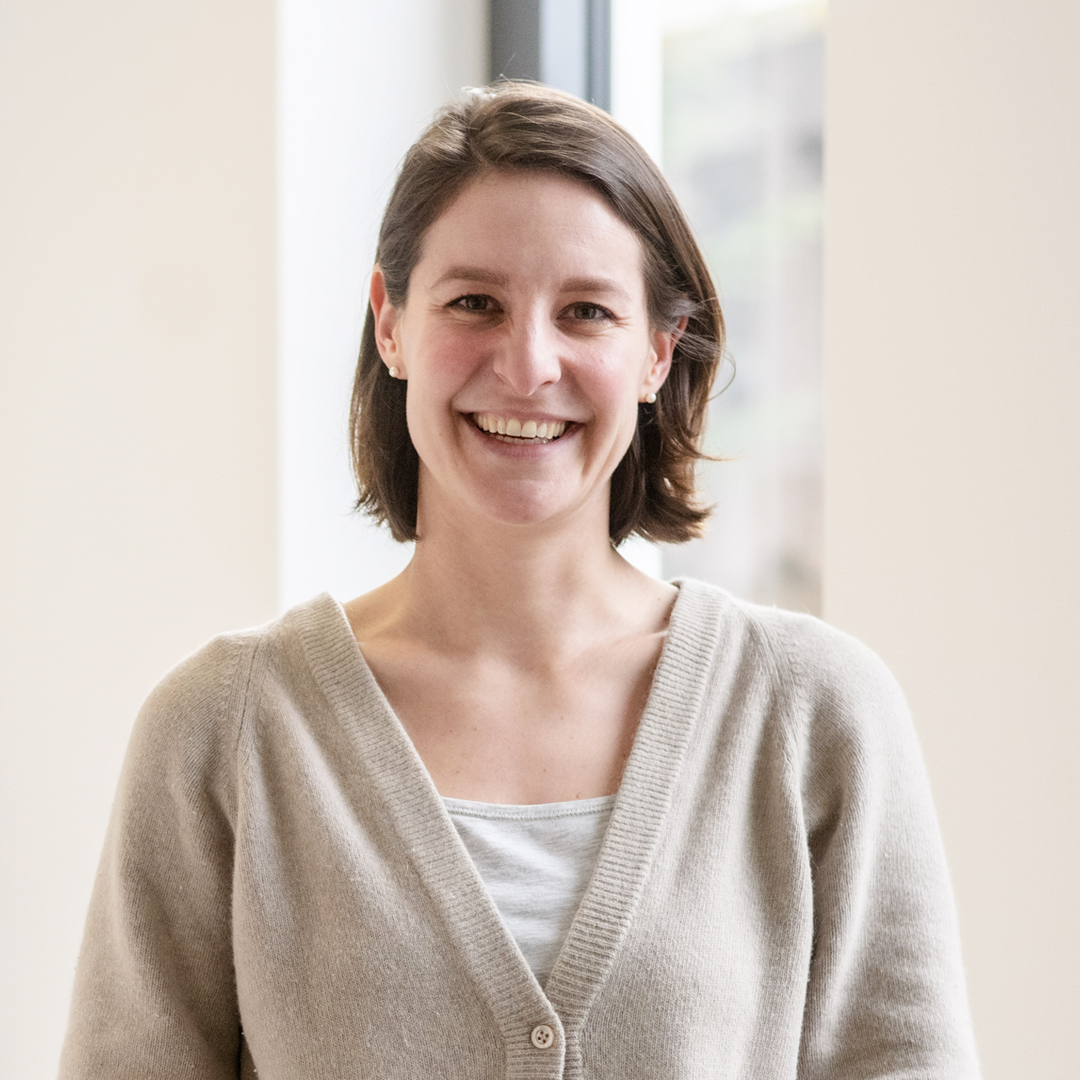
Prof. Dr Judith Golda
Experimental physics, in particular physics of non-equilibrium phenomena at interfaces
Research
The focus of our working group is on experimental plasma physics.
While the two-body problem can generally still be solved quite well analytically, the complexity is already increased many times over for only three bodies. In plasmas, however, particle densities of the order of 1015 to 1019 m-3 are generated, so that these systems must be described using the methods of statistical physics. Added to this are the Coulomb forces acting on the charge, so that plasmas exhibit collective behaviour.
Plasmas play a major role in nature and technology. 99.9 % of the visible matter in the universe is in the plasma state. In contrast to astrophysical plasmas, all plasmas generated on Earth are in contact with surrounding media. The influence of such a medium fundamentally determines its properties, for example by the balance between particle generation and energy coupling in the plasma and losses at the surface. Conversely, the value of plasmas for technology even results precisely from the influence of the plasma the medium, e.g., more than 70 % of all process steps for the production of microelectronic components are based on plasma surface processes. Nevertheless, there are still major deficiencies in the description of non-equilibrium processes at this interface. Often the description is purely empirical and does not take into account the reciprocity of the processes at the corresponding interface between plasma and medium, as for example when using secondary electron coefficients or sputtering rates. However, knowledge of these processes is essential for the further development of plasma technology, e.g. in the use of plasmas in catalysis for the production of CO2- neutral fuels.
To replace empirical description with physical models, we design our plasma sources and our experiments specifically with this question in mind. For the analysis, we use both plasma and surface diagnostics. We attach great importance to underpinning our complex experiments with simple model calculations and making them comparable for simulations.
Current research topics include charge effects of dielectrically impeded surface discharges, the interaction of plasmas and surfaces under the influence of laser radiation and the use of plasmas in biocatalysis and medical applications.
The person
Training
Professional career
Photo: RUB, Marquard.

